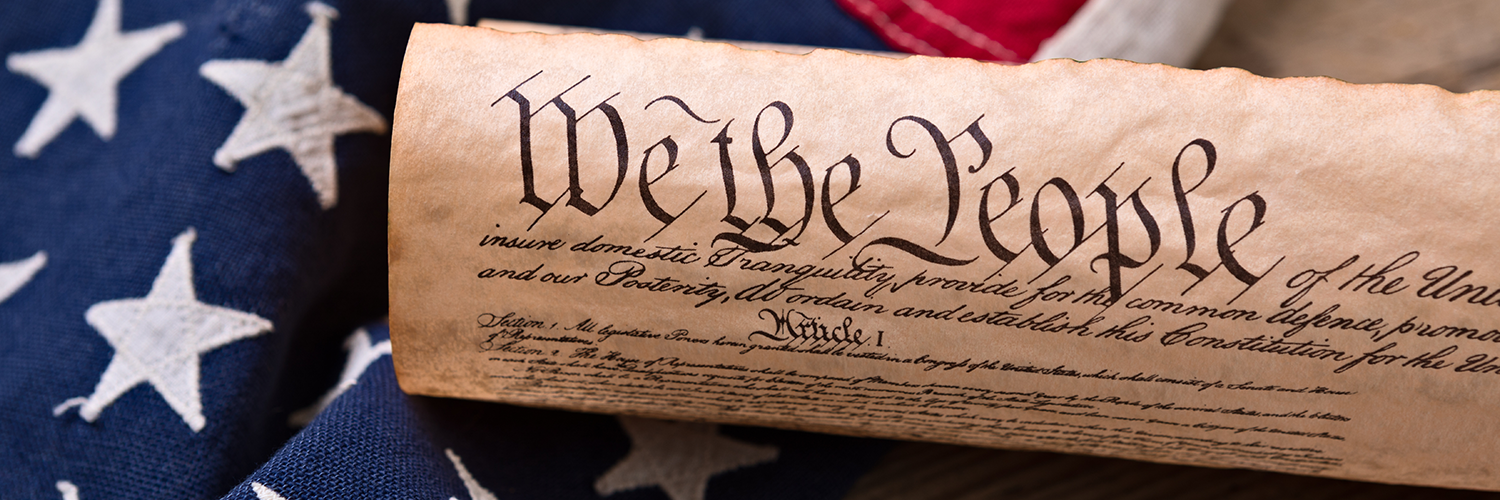Despite the ardent wishes of the United Teachers of Los Angeles (UTLA) to end Glenn Laird’s case before it could even be considered by a federal judge, he still has constitutional rights.
And he fully intends to exercise them.
Laird spent decades as an LA teacher and UTLA member. But when the union began advocating to “defund the police” last spring and put students’ and teachers’ lives at risk, he’d had enough.
Laird opted out of his UTLA membership and requested it stop taking his money to fund messaging with which he disagrees.
In 2018, the U.S. Supreme Court affirmed in Janus v. AFSCME that unions could no longer take public employees’ money for use in political speech without their consent. The ruling also specified that by agreeing to give money to a public labor union, workers are waiving their First Amendment right against compelled speech.
In the case of Glenn Laird, UTLA tried to have it both ways.
They told Laird his previous agreement was an effective waiver of his First Amendment rights, even though he signed it before Janus was even decided.
Even more to the point, the union refused to honor the terms of Laird’s actual agreement, which allowed him to end the deduction of his money. He specifically modified the last union agreement he signed with UTLA by striking out the language supposedly restricting his ability to end his membership at any time with a felt marker.
UTLA kept taking his money without his consent anyway.
In other words, the First Amendment did not matter.
Left with no alternative, Laird took UTLA and LAUSD to federal court. Represented pro bono by the Freedom Foundation, he wants a judge to rule on the scope of his constitutional rights, and to acknowledge UTLA’s violations.
But UTLA doesn’t want a judge to decide the constitutional claims.
Instead, its leaders cut him a check for the money they took from his pay without his consent and asked him to please drop the case.
This tactic has become all too common among public unions trying to avoid their responsibilities under the First Amendment.
Laird refused to dismiss his lawsuit, and with good reason. Because his case is about more than the return of his money. In fact, Laird is donating the entire amount he received from UTLA to a nonprofit group that helps disadvantaged students in the Los Angeles area.
Glenn Laird’s case is about a judicial acknowledgement and vindication of his First Amendment rights by a federal judge. As long as unions can cut checks after being sued, they will try to prevent judges from deciding the actual constitutional issues, and the First Amendment and Janus ruling will be rendered meaningless.
While it should not take a federal lawsuit in order for unions to recognize their responsibilities under the U.S. Constitution, UTLA doesn’t get to put a price tag on the First Amendment and cannot kill a case by simply doing the right thing after the fact.
For one principled Los Angeles teacher, the fight is far from over.











